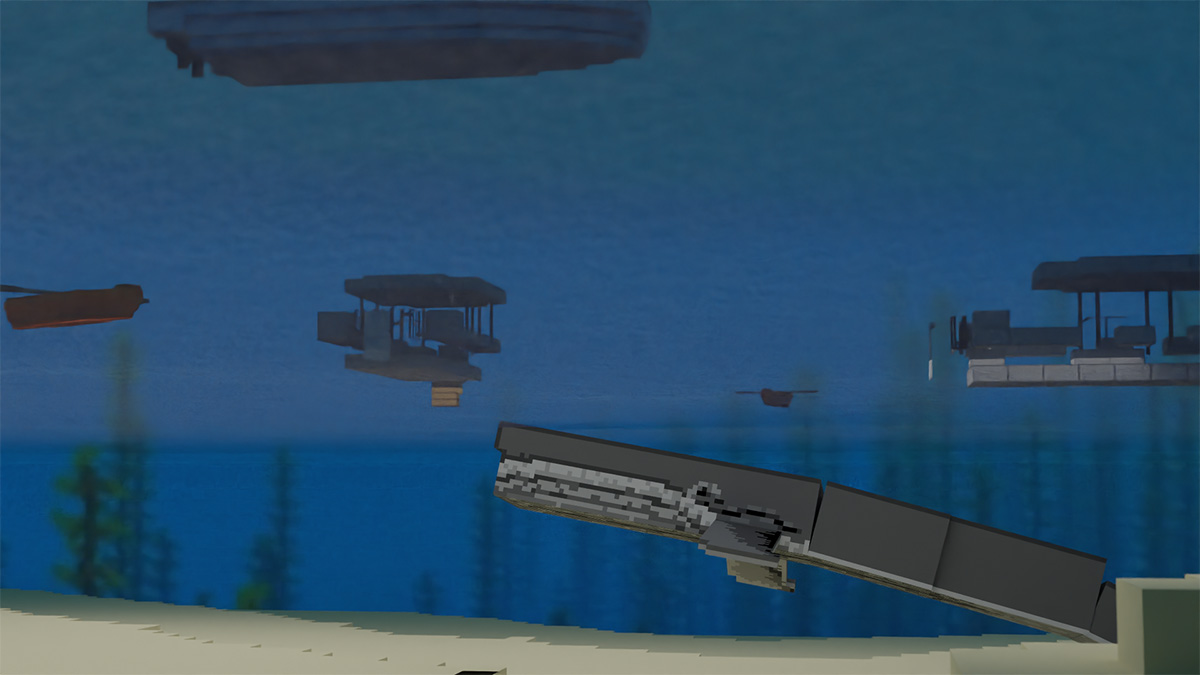The Bryde's Whale Experience is a Minecraft Education world designed to teach students about the importance of ocean conservation through an immersive interactive experience based on a recent news event in Hong Kong. When a Bryde's whale was spotted in Hong Kong waters, it created an opportunity to engage students with real-world environmental issues. Students explore a virtual marine ecosystem where they learn about whale biology, ocean pollution, and conservation efforts while completing challenges that reinforce scientific concepts and raise awareness about marine conservation.
The Challenge
Traditional environmental education often struggles to create meaningful connections between students and distant ecological issues. When news broke about a Bryde's whale sighting in Hong Kong waters, educators recognized an opportunity but faced challenges in making this current event relevant and engaging to students. Abstract concepts like marine conservation and biodiversity are difficult for students to grasp through conventional teaching methods. Schools needed an approach that could transform this breaking news story into a compelling learning experience that would inspire genuine concern for ocean conservation.
The Solution
GNS developed a custom Minecraft Education world that recreates the Hong Kong marine environment and the Bryde's whale encounter. Students assume the roles of marine biologists, environmentalists, and community activists as they navigate challenges related to the whale's habitat, threats from pollution, and conservation strategies. The world includes interactive simulations where students can witness the effects of human activities on marine life, conduct virtual research, and implement solutions to protect the Bryde's whale and its ecosystem. Built-in tasks encourage critical thinking about real environmental policies while news elements from the actual event are incorporated throughout the experience. Early feedback shows increased student engagement with environmental issues, improved understanding of marine conservation concepts, and greater awareness of how local events connect to global environmental challenges.

